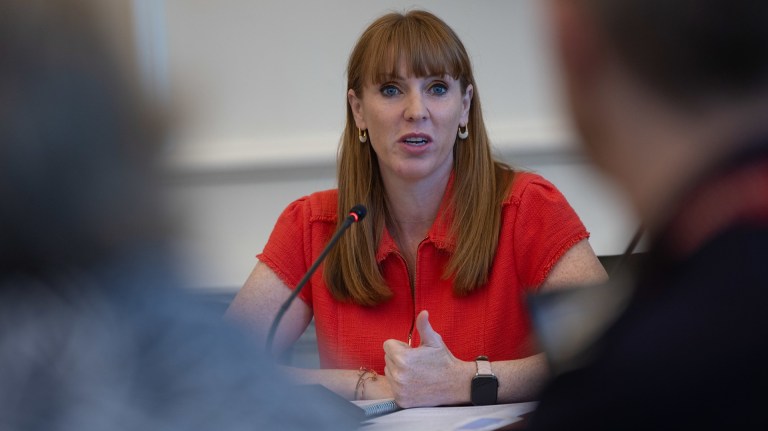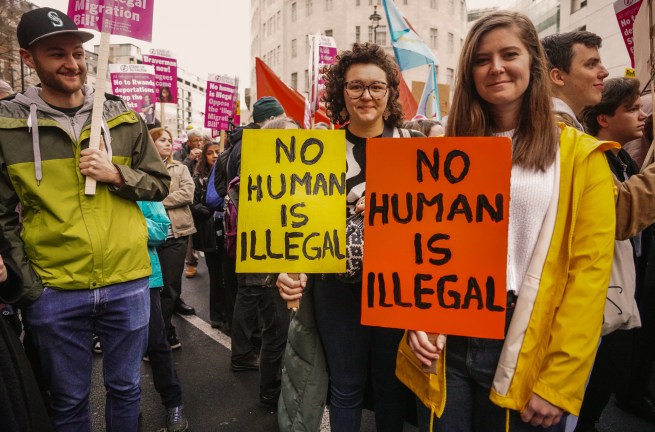When Labour and the Conservatives set out their opening message to voters on 22 May, Britain’s economic future was front and centre. Both Rishi Sunak and Keir Starmer acknowledged that times have been tough, and both set out their vision for how the economy might turn a corner if they were elected.
This battle is likely to define the upcoming election: which party is best able to convince the country that their plan is the best one to reverse Britain’s fortunes.
The challenges are clear. Since the 2008 financial crisis, UK productivity has grown at half the rate of the richest 25 countries in the OECD. This period of stagnation has not been felt equally: real wages have fallen for the median worker, and the UK now has one of the highest levels of income inequality in Europe. Achieving broad-based, equitably distributed growth must be the priority of any future government.
This cannot be done without taking on a topic on which most politicians have so far been silent: the way our companies are structured.
Companies are one of our fundamental economic institutions. If we want to build a thriving and inclusive economy, we need thriving and inclusive enterprise. But that will require rewriting the rules that shape their incentives and behaviours. In particular, it will require challenging the rules that have increasingly prioritised shareholders over all other stakeholders in a company, including its workers.
The effects of these rules speak for themselves: between 1995 and 1999, FTSE350 companies distributed an average of 34% of their post-tax profit as dividends and buybacks; in the last five years, that has risen to 103%. In other words, we have seen a dramatic shift in money flowing to shareholders rather than being put back into the business as wage increases for workers or as investment. It is no coincidence that this rise in payouts to shareholders has coincided with a long-term decline in business investment; nor is it surprising that dividends payments have grown 5.5 times faster than compensation for employees between 2000 and 2019.









